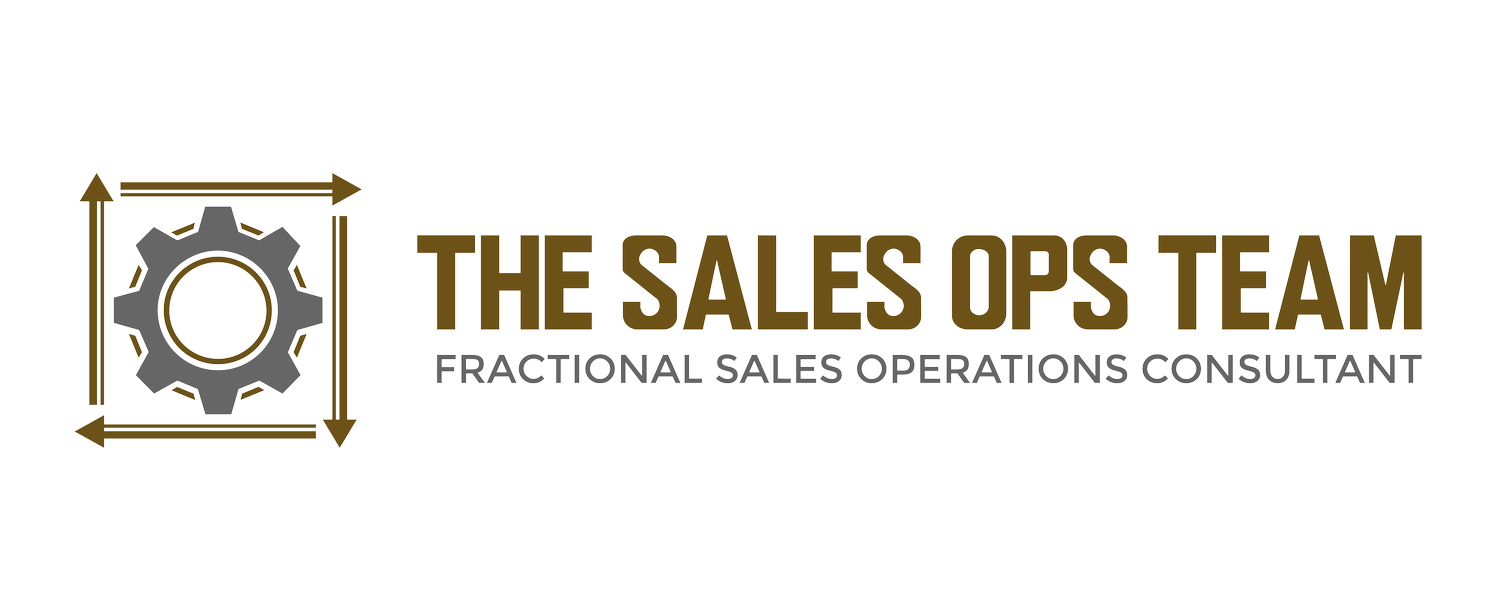5 Reasons You’ve Outgrown Spreadsheets
Spreadsheets are a great tool when your business is just starting out. They’re flexible, inexpensive, and familiar. But as your company grows, the cracks begin to show—collaboration becomes a headache, duplicates and data integrity falter, and decision-making slows down. If you’re starting to feel the strain, it may be time to consider a CRM or sales operations support system. Here are five signs you’ve outgrown spreadsheets.
1. Your Data Is Scattered and Hard to Trust
Creating a spreadsheet initially brings relief—a sense of organization and control. Over time, users don’t keep it updated, and nobody knows who is supposed to update the sales figures. People might start filling uneditable fields with rough estimates, risking data accuracy. This can make the tool feel unreliable and stressful. A CRM can resolve this by serving as a centralized hub for sales data and real-time activity tracking.
2. Collaboration Is Slowing You Down
Spreadsheets can be tricky when multiple people are updating them at the same time. They often lead to version control issues, overwritten formulas, and a lot of back-and-forth emails, which can really slow things down. A CRM makes it easy for your entire team to update data in real time, so everyone stays on the same page without any hiccups.
3. You Can’t See the Big Picture
Spreadsheets can track numbers, but they don’t easily turn into insights. Do you know which customers are most profitable? Which leads are slipping through the cracks? Which products are trending up or down? Sure, you’re selling a customer $129,253, but are they buying all of your product categories? Dashboards and reports in a CRM give you clear, detailed insights at a glance.
4. Important Details Slip Through the Cracks
A customer calls, and you’re trying to remember their last order. Your sales rep leaves, and all their notes disappear with them—probably including contacts, hot leads, and other important information. Spreadsheets can’t track customer interactions like a CRM does—from emails and calls to birthdays and preferences—helping you build stronger relationships and prevent costly mistakes. The CRM provides a smooth hand-off during staffing changes.
5. Growth Feels Risky Without Better Systems
Adding more customers, products, or salespeople only makes spreadsheets harder to manage. The more you grow, the more fragile your systems become. Investing in proper sales operations early ensures you can scale smoothly without chaos. Thinking about selling your business? Selling your CRM information along with the business will make your company more appealing and increase its value to a buyer.
Bottom line: spreadsheets are a good starting point, but they have limitations. If you’re seeking cleaner data, improved collaboration, and insights that fuel growth, consider exploring a CRM and sales operations support. The Sales Ops Team can help you make the transition confidently.

